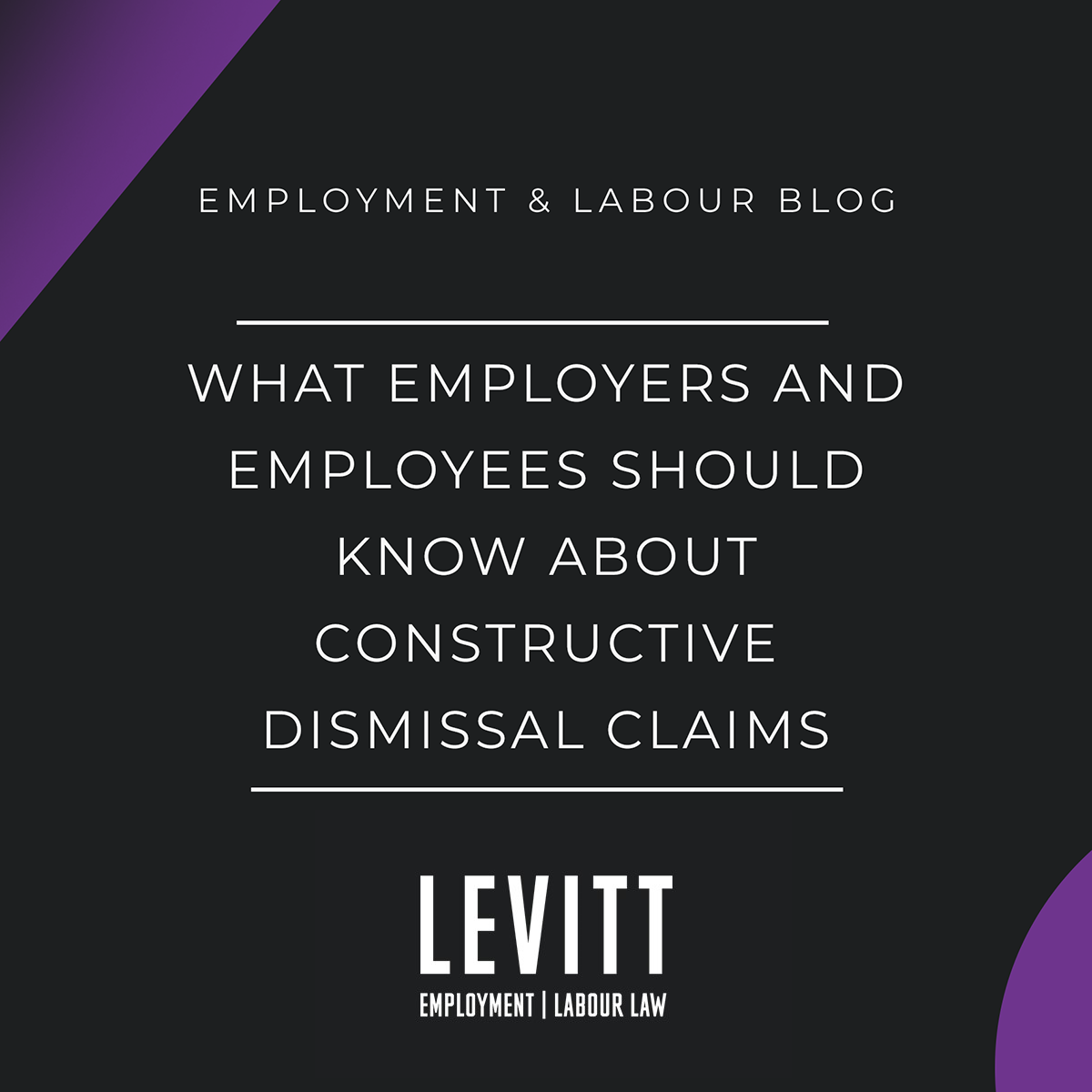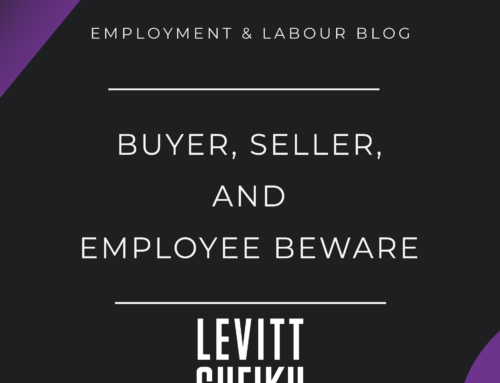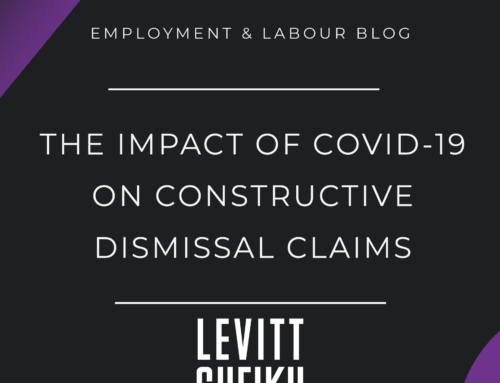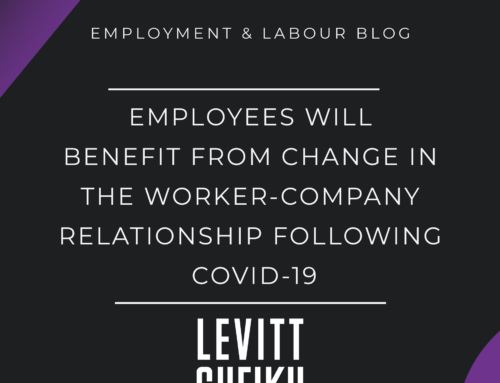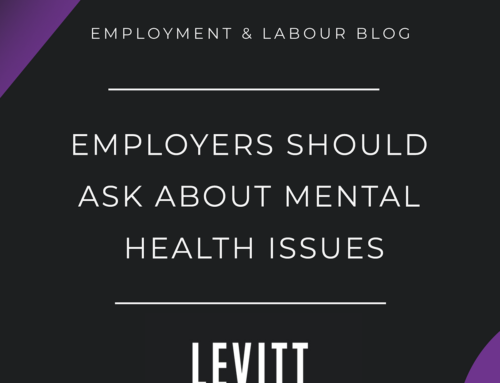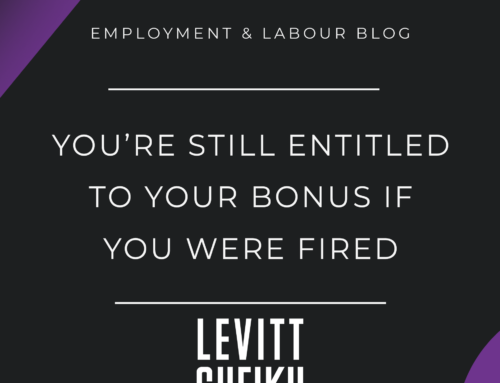Terminating an employee is never easy, and it is a delicate situation that can become volatile if it is executed incorrectly. A constructive dismissal claim comes when an employer changes aspects of an employee’s role, leading to the employee feeling as if they have no choice but to quit because their employment is not what was agreed to or has significantly changed. An example of this is in the case of Anstey v. Fednav Offshore Inc., [1990], Thomas Anstey, who worked at Fednav Offshore Inc. When Anstey’s salary was reduced by half, he agreed to the reduction and continued working at the company. Two years later, he began litigation against his employer, expecting the employer to resume paying his original, higher salary. Since he sued the company, Fednav terminated Anstey’s employment, leading Anstey to begin a second lawsuit for wrongful dismissal.
The courts dismissed the first lawsuit as it had been too long since Anstey had accepted the reduced salary to file the suit. For the second lawsuit, the court awarded severance based on Anstey’s salary at the time of his dismissal, not the higher pay he was fighting to receive. Anstey’s biggest mistake was agreeing to the salary reduction and not filing a suit immediately after Fednav reduced his salary.
Employees should be aware that if their salary is reduced or their role has been altered, to seek legal assistance immediately. If an employee waits too long, they will not have a strong case. For example, an employee may be granted a lower amount of damages compared to if the employee initiated the suit right when their salary was reduced.
In the event of a layoff, which can also be viewed as a constructive dismissal, employees have a choice: either accept the layoff with the promise of potential reemployment or do not accept the layoff and immediately sue. Employers should be cautious that an employee can make this choice and seek legal assistance accordingly prior to any employee layoffs.
Employers and employees need to know their rights when it comes to constructive dismissal. For employers, they want to avoid these lawsuits as much as possible, and employees want to receive the best possible outcome if they feel they have been wrongfully dismissed. If you have any questions about constructive dismissal, contact us.
Contact Levitt LLP When You Can’t Afford to Lose.

